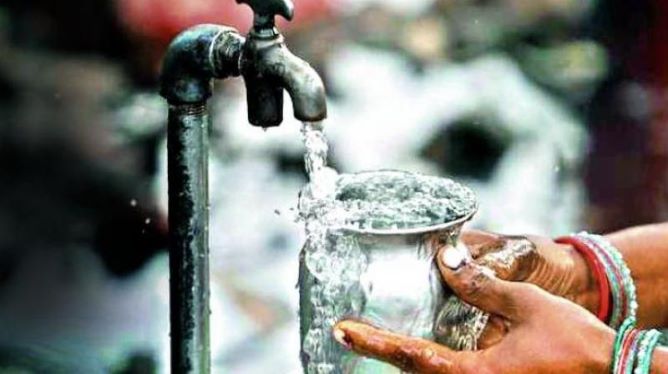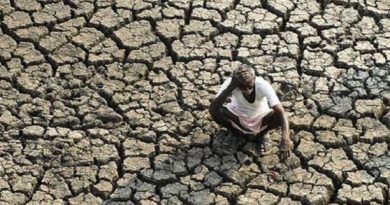Haryana, Rajasthan collaborate to address the issue of contaminated water

Water contamination poses a grave concern in the North West region of India, where industrial expansion and rapid urbanization are prevalent. To address the issue of “contaminated water” flowing from Bhiwadi in Rajasthan to Dharuhera village in Haryana, Chief Minister Manohar Lal Khattar of Haryana has taken a significant step by announcing the setting up of a joint inspection team, consisting of officers from both Haryana and Rajasthan, to tackle this pressing problem.
During a joint meeting of officers from Haryana and Rajasthan in Dharuhera village, Rewari, Khattar emphasized the utmost importance of resolving this issue. He assured that the problem of chemically contaminated water from industrial units in Bhiwadi reaching Dharuhera will be promptly addressed. The joint inspection team will thoroughly assess all aspects to arrive at a permanent solution for water contamination in Dharuhera village.
Khattar emphasized that water contamination has been causing numerous health and related problems for the residents of Dharuhera. He had also discussed the matter with Rajasthan Chief Minister Ashok Gehlot to find a collaborative solution.
The joint team will function as a coordination committee, diligently working towards a lasting resolution for water contamination in Dharuhera. To monitor the water flow and quality, three combined flow meters and three water quality monitoring systems will be installed under the Central Pollution Control Board for real-time data.
By August 31, a closed conductor will be established in Bhiwadi, Rajasthan, to transport industrial waste to a common effluent treatment plant where the polluted water will be treated and repurposed.
Chief Minister Khattar highlighted that the natural flow of water between Bhiwadi and Dharuhera is not the problem; rather, it is the contamination that needs urgent attention. He expressed the need to find a permanent solution as soon as possible.
Several reports of CPCB suggest that the industrial pollution in North India is marring the water bodies endangering the rights of the local communities. In February, the NGT observed that there is huge gap between the effluents generated and treated which needs to be filled by the authorities. The waters of 31 rivers in India severely polluted not fit for human use by any stretch; Haryana’s Ghagghar river is one of the most polluted.




